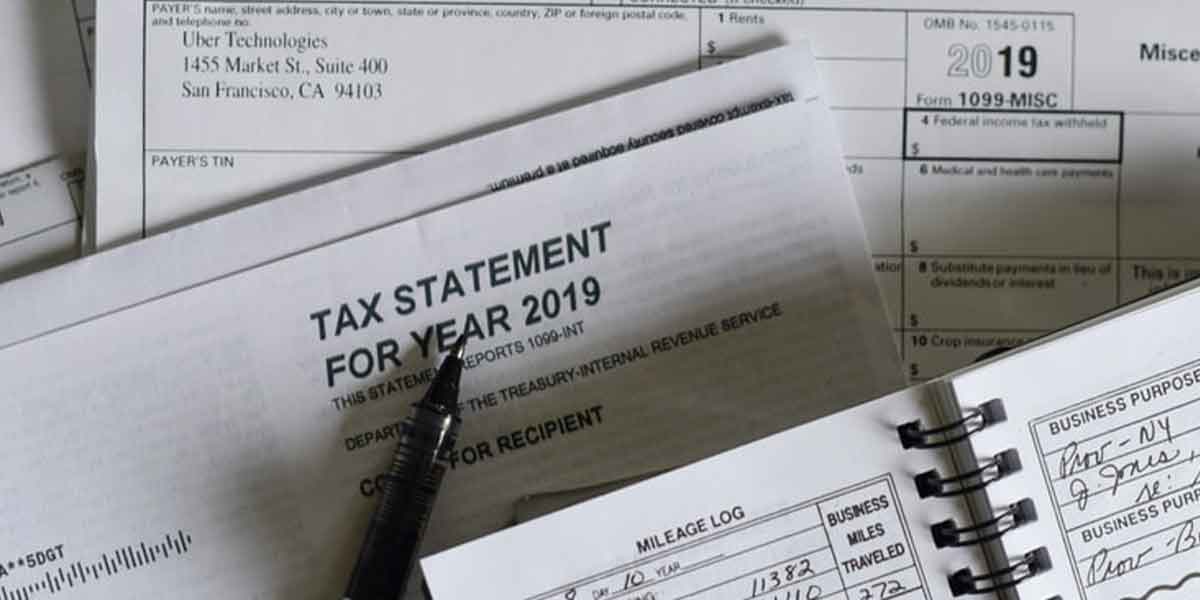Whenever our family members die, it is hard to adapt up to the truth. During this time, it is tough for us to control our emotions. Which hampers us to make a sound decision in our life. During a short amount of time, we will have to take care of a lot of things related to the probate process. Therefore, it is paramount that you hire a probate lawyer that can guide you through the whole process.
During the whole probate process, the deceased estate will have to pay a lot of taxes and legal fees. Without the help of a good lawyer, you may end up paying more than you are supposed to pay. Therefore, it is essential to try and save as much money as you can as it will all be going to the beneficiaries.
Can You Avoid Probate Process
When you hear the word probate, your mind automatically thinks about a lengthy and costly process. However, probate is a very common process when it comes to transferring the decedent’s estate to the beneficiaries.
Whenever we are dealing with an estate, it can get complicated quickly. It is easier to handle an estate when the decedent makes a last will or a living trust. Avoiding the probate process is the best thing you can do for the family members. But when the condition of the property distribution is in trouble, you must file a probate case.
Role Of A Lawyer
The probate lawyer works as the intermediate between the beneficiaries and the executors of an estate. Their main aim is to settle the decedent’s estate according to the will. Even if a will is absent, they are crucial both for the beneficiaries and the estate.
A probate lawyer helps in many ways to settle down the probate case.
- Gathering essential documents for the case such as the will, living trust, assets, and liabilities.
- Maintain the life insurance policies, bank accounts, and retirement plans.
- Managing the income tax issues and estate checking account.
- Making sure that the distribution is fair enough.
- Making sure that all the claims made to the estate are valid and authentic.
How Much Does The Lawyer Cost
People think that the probate lawyer fees may be hefty, as the lawyers do not mention any fees limit. Be assured that there is nothing to worry about when it comes to the payment of the lawyers. You can work out different payment structures with the lawyer. Make sure to choose a plan which gives you and the other beneficiaries the maximum benefits. When we look at it, you are not responsible to pay any fees to the lawyer from your pocket.
How Does Probate Lawyer Help You To Save Money?
The main job of a lawyer is to help you plan your estate. A probate lawyer guides you step by step through the process to help distribute property among claimants. The probate lawyer suggests ways to reduce costs such as estate planning, joint tenancy, making will or trust. They help you to plan your estate correctly. They also advise on your bank accounts settlement, retirement plans, tax issues, bill payments, and life insurance so that you don’t waste unnecessary money in the wrong place.
A Good Estate Plan Can Save You Money
If you pass away without an estate plan, it could cost your heirs a lot of money in taxes. The assets could be tied up for years if the intestacy laws of your state are involved. Therefore, it is easy to say that it is best to plan your estate when there is time so that you can protect your assets. Saving money through an estate plan is not that complicated. If you are looking for a few ways to avoid taxes and save a lot of money here are the ways that you can adopt.
- Reducing Assets: Before death, if you reduce your estate by sharing some parts between the heirs and beneficiaries, it will not appear in the probate process. In the process, less property will mean that your estate will be valued lower. Hence this will make sure you will not have to pay any estate taxes during the probate case.
- Making Trust: Making a last will or a living trust will help to reduce your probate cost. If there is a trust or a will of your property, it will not appear in the probate process. The assets mentioned in the trust will get directly transferred to the rightful heirs.




